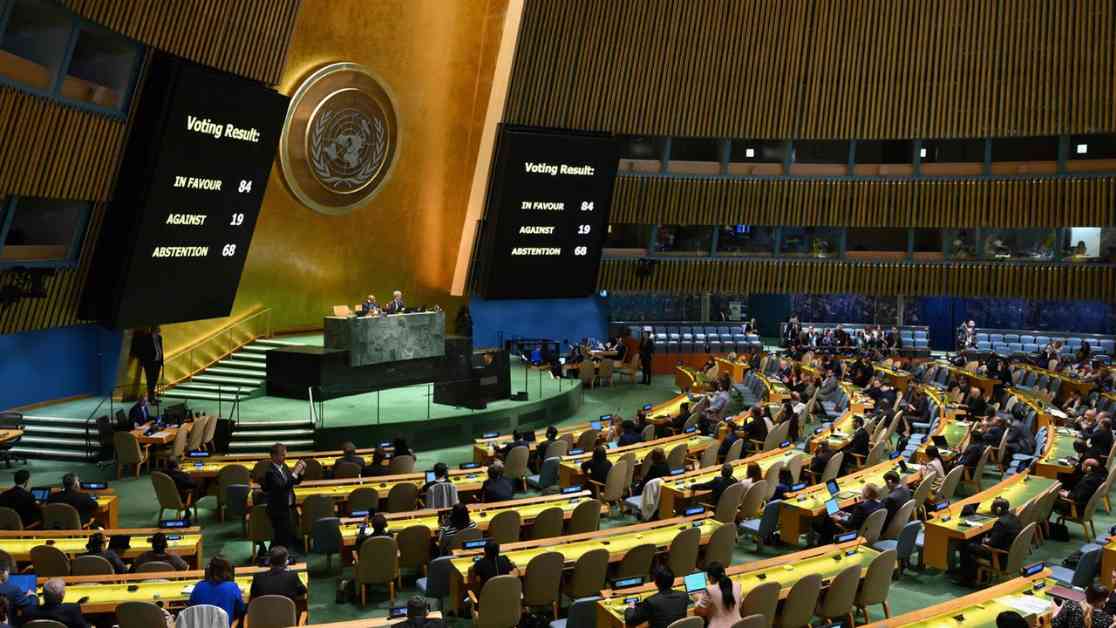The recent UN Cybercrime Agreement has been the focus of attention after three years of negotiations among UN members. The agreement aims to combat cybercrime effectively, focusing on offenses such as money laundering, sexual exploitation of children online, and the interception and sale of private data and passwords. However, it excludes state-sanctioned hacker attacks or activities carried out by troll factories.
The main goal of the UN Cybercrime Agreement is to enhance mutual assistance among UN member states in fighting cybercriminals. While European countries already collaborate based on the Budapest Convention, which is considered the gold standard globally, many other nations lack the resources and expertise to prosecute offenders effectively. For instance, cybercriminals often seek refuge in Caribbean countries due to their limited technical capabilities. With the new agreement, these smaller states would have the right to receive support from larger nations through data sharing.
Despite the positive intentions behind the agreement, some concerns have been raised by human rights groups like Human Rights Watch. They fear that the agreement could potentially be misused by authoritarian states to target dissidents, journalists, or LGBTQ individuals. This apprehension stems from the initial proposal put forth by Russia, hoping to access evidence from abroad to suppress opposition figures.
European countries initially agreed to the UN Cybercrime Agreement after significant revisions were made to ensure the protection of human rights. The updated text includes provisions that allow states to reject mutual assistance requests if they suspect that it is politically or ideologically motivated. This safeguard aims to prevent the misuse of the agreement for discriminatory purposes.
The agreement is set to be officially adopted by the UN General Assembly in September, followed by a ratification process involving at least 40 UN member states. In the EU, ratification will occur at the supranational level rather than individually by member countries. However, the agreement’s fate in the US Congress remains uncertain, as major tech companies like Google and Meta have expressed concerns about potential government overreach and abuse opportunities.
As the global community continues to grapple with the evolving nature of cybercrime, the UN Cybercrime Agreement represents a significant step towards international cooperation. By addressing key issues such as money laundering and online exploitation, the agreement seeks to create a more secure digital environment while upholding fundamental rights and freedoms.












